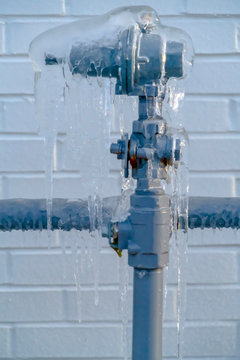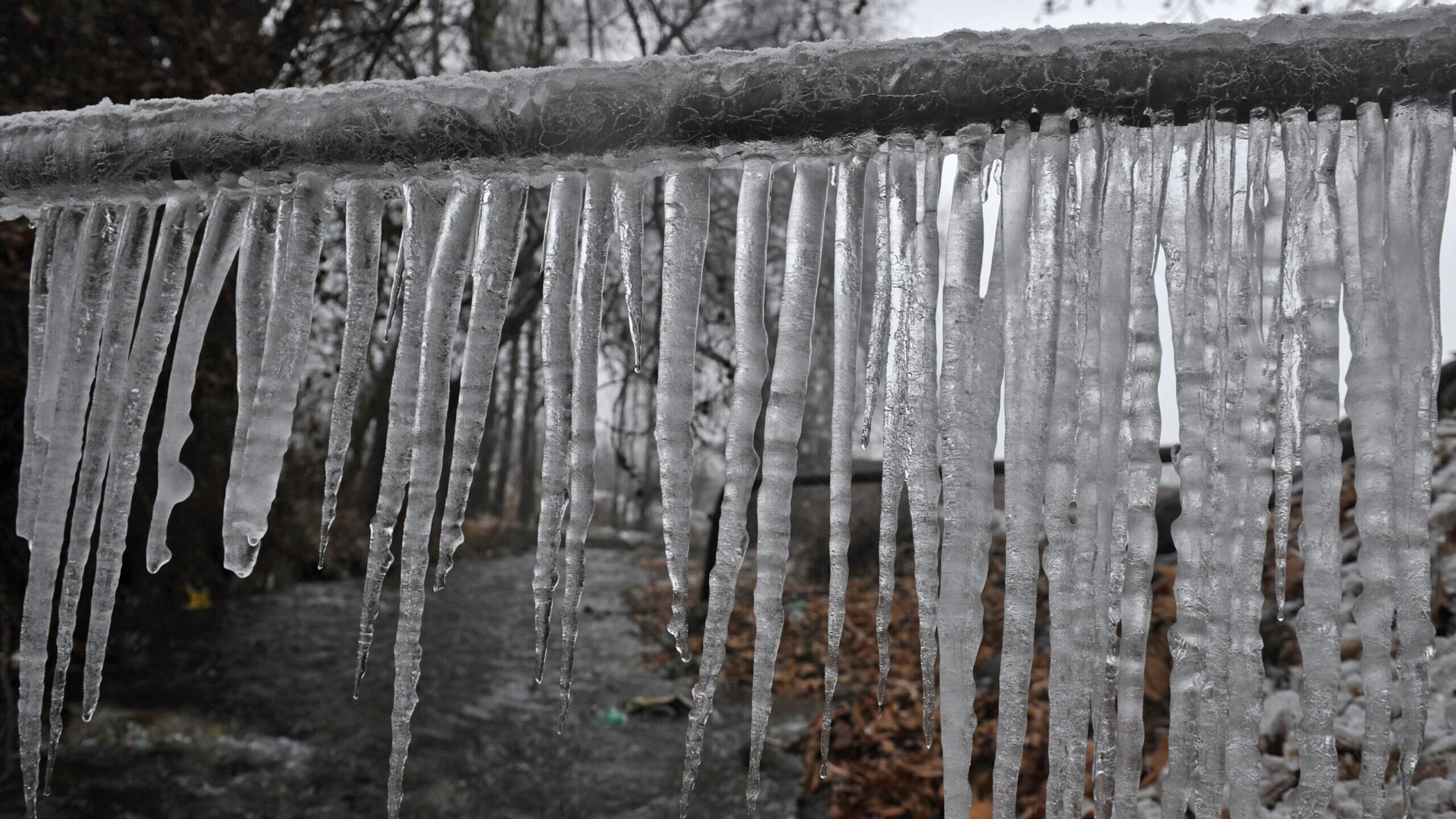Here down the page you might get some superb insights involving Helpful Tips to Prevent Frozen Pipes this Winter.

Cold weather can wreak havoc on your plumbing, specifically by freezing pipelines. Right here's how to stop it from happening and what to do if it does.
Introduction
As temperature levels decline, the threat of icy pipes increases, potentially leading to pricey repair services and water damage. Understanding just how to stop icy pipelines is crucial for homeowners in cold climates.
Prevention Tips
Protecting susceptible pipelines
Cover pipes in insulation sleeves or utilize warm tape to protect them from freezing temperature levels. Concentrate on pipes in unheated or outside locations of the home.
Heating techniques
Maintain interior areas effectively warmed, especially areas with pipes. Open up cabinet doors to permit cozy air to circulate around pipes under sinks.
Exactly how to determine icy pipes
Search for lowered water flow from faucets, uncommon odors or sounds from pipes, and noticeable frost on revealed pipelines.
Long-Term Solutions
Architectural adjustments
Take into consideration rerouting pipelines away from exterior walls or unheated areas. Add extra insulation to attics, cellars, and crawl spaces.
Upgrading insulation
Buy top quality insulation for pipelines, attics, and wall surfaces. Appropriate insulation helps keep consistent temperature levels and decreases the danger of icy pipes.
Securing Outside Plumbing
Garden tubes and outdoor faucets
Detach and drain pipes yard hoses prior to winter. Install frost-proof faucets or cover exterior faucets with protected caps.
Comprehending Frozen Pipes
What triggers pipelines to freeze?
Pipes ice up when revealed to temperatures listed below 32 ° F (0 ° C) for expanded periods. As water inside the pipes freezes, it increases, taxing the pipe walls and possibly creating them to burst.
Risks and problems
Icy pipelines can lead to water supply disruptions, building damage, and expensive repairs. Burst pipelines can flood homes and cause extensive architectural damage.
Indications of Frozen Water Lines
Recognizing icy pipes early can avoid them from rupturing.
What to Do If Your Pipes Freeze
Immediate activities to take
If you think frozen pipelines, keep taps available to eliminate pressure as the ice melts. Make use of a hairdryer or towels taken in hot water to thaw pipelines gradually.
Conclusion
Preventing icy pipes requires aggressive procedures and fast reactions. By understanding the causes, indicators, and preventive measures, house owners can shield their plumbing during cold weather.
Helpful Tips to Prevent Frozen Pipes this Winter
UNDERSTANDING THE BASICS: WHY PIPES FREEZE AND WHY IT’S A PROBLEM
Water freezing inside pipes is common during the winter months, but understanding why pipes freeze, and the potential problems it can cause is crucial in preventing such incidents. This section will delve into the basics of why pipes freeze and the associated problems that may arise.
THE SCIENCE BEHIND FROZEN PIPES
When water reaches freezing temperatures, it undergoes a physical transformation and solidifies into ice. This expansion of water as it freezes is the primary reason pipes can burst. As the water inside the pipe freezes, it expands, creating immense pressure on the walls. If the pressure becomes too great, the pipe can crack or rupture, leading to leaks and water damage.
FACTORS THAT CONTRIBUTE TO PIPE FREEZING
- Low Temperatures: Extremely cold weather, especially below freezing, increases the risk of pipes freezing.
- Uninsulated or Poorly Insulated Pipes: Pipes located in unheated areas, such as basements, crawl spaces, or attics, are more prone to freezing. Insufficient insulation or lack of insulation altogether exacerbates the problem.
- Exterior Wall Exposure: Pipes running along exterior walls are susceptible to freezing as they encounter colder temperatures outside.
- Lack of Heating or Temperature Regulation: Inadequate heating or inconsistent temperature control in your home can contribute to frozen pipes.
PROBLEMS CAUSED BY FROZEN PIPES
WHY CERTAIN PIPES ARE MORE PRONE TO FREEZING
- Pipe Bursting: As mentioned earlier, the expansion of water as it freezes can cause pipes to burst, resulting in significant water damage.
- Water Damage: When pipes burst, it can lead to flooding and water damage to your property, including walls, ceilings, flooring, and personal belongings.
- Structural Damage: Prolonged exposure to water from burst pipes can compromise the structural integrity of your home, leading to costly repairs.
- Mold and Mildew Growth: Excess moisture from water damage can create a favorable environment for mold and mildew growth, posing health risks to occupants.
- Disrupted Water Supply: Frozen pipes can also result in a complete or partial loss of water supply until the issue is resolved.
https://busybusy.com/blog/helpful-tips-to-prevent-frozen-pipes-this-winter/
- Location: Pipes located in unheated or poorly insulated areas, such as basements, crawl spaces, attics, or exterior walls, are at higher risk of freezing.
- Exterior Pipes: Outdoor pipes, such as those used for irrigation or exposed plumbing, are particularly vulnerable to freezing as they are directly exposed to the elements.
- Supply Lines: Pipes that carry water from the main water supply into your home, including the main water line, are critical to protect as freezing in these lines can affect your entire plumbing system.
- Underground Pipes: Pipes buried underground, such as those connected to sprinkler systems or outdoor faucets, can be susceptible to freezing if not properly insulated.

Do you appreciate reading about How to prepare your home plumbing for winter weather? Try to leave feedback further down. We'd be pleased to hear your responses about this post. We hope that you come back again in the future. Are you aware of anybody else who is occupied with the topic? Please feel free to promote it. Kudos for your time. Revisit us soon.
Request A Quote
Comments on “Avoiding Frozen Plumbing in Cold Weather: Professional Tips”